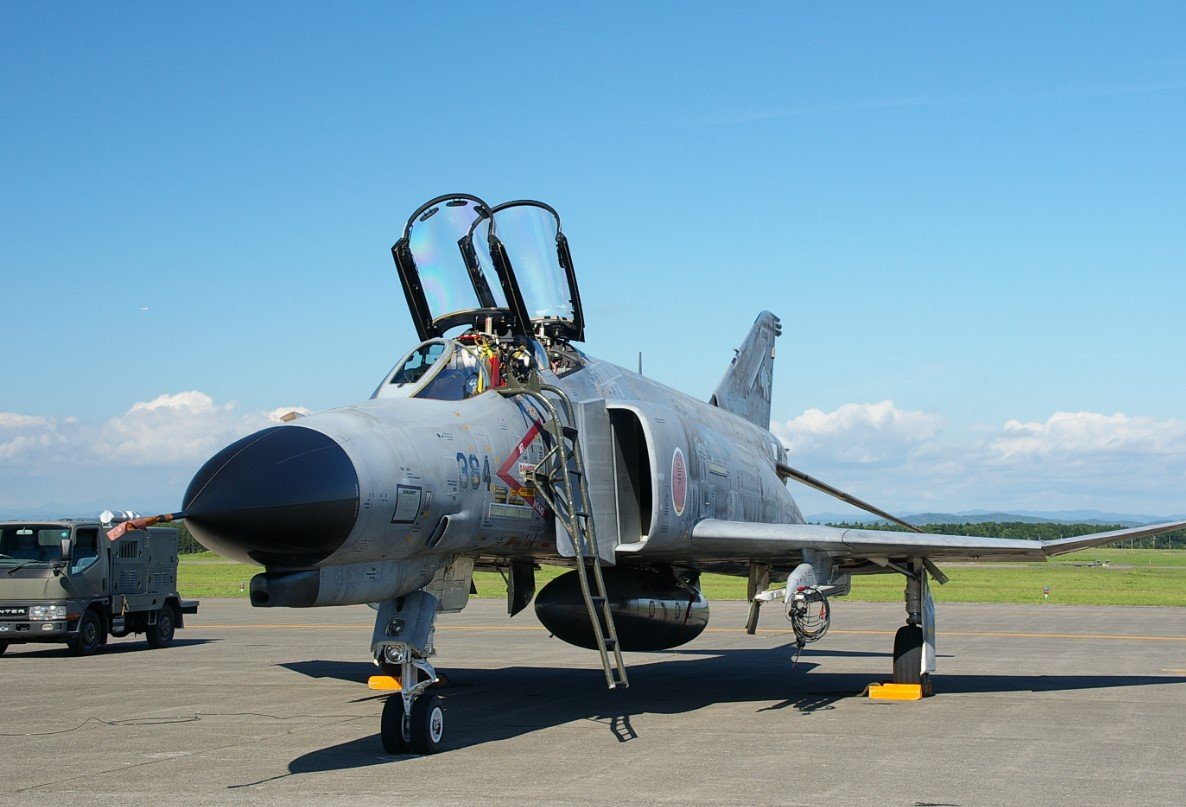Japan’s cabinet has sanctioned a contentious plan to sell advanced fighter jets internationally, signaling a significant departure from its post-World War II pacifist stance. This move is seen as a strategic effort to bolster Japan’s defense industry and extend its global security footprint.
A Shift in Defense Policy
The decision to market fighter jets, developed in collaboration with the UK and Italy, to other nations marks a historic policy shift for Japan. The nation’s postwar constitution, particularly Article 9, has long been interpreted as a renunciation of war and a prohibition of maintaining armed forces with war potential. However, the evolving geopolitical landscape and regional security concerns have prompted a reevaluation of this stance.
The move has sparked a domestic and international debate over the balance between Japan’s pacifist principles and its right to self-defense. Proponents argue that the changing security environment necessitates a more proactive defense posture, while critics fear it could lead to an arms race and destabilize the region.

Enhancing Global Security Role
Japan’s plan is not merely about selling military hardware; it’s about enhancing the country’s role in global security. By offering its advanced fighter jets to allies, Japan aims to contribute to international stability and peace. This strategy also aligns with the United States’ push for its allies to shoulder more responsibility for their own defense and for the security of the broader region.
The decision is also economically motivated, as it promises to invigorate Japan’s defense industry. By entering the global arms market, Japan seeks to stimulate technological innovation, create jobs, and potentially reduce its own defense procurement costs through economies of scale.
Navigating the Controversy
The approval of this plan is not without controversy. It raises questions about Japan’s future direction and its commitment to pacifism. The government faces the challenge of reassuring the public and the international community that its intentions are defensive, not aggressive.
As Japan proceeds with this new defense export strategy, it will have to navigate the complex interplay of national security, economic interests, and international diplomacy. How this will affect Japan’s image as a peace-loving nation remains to be seen.








